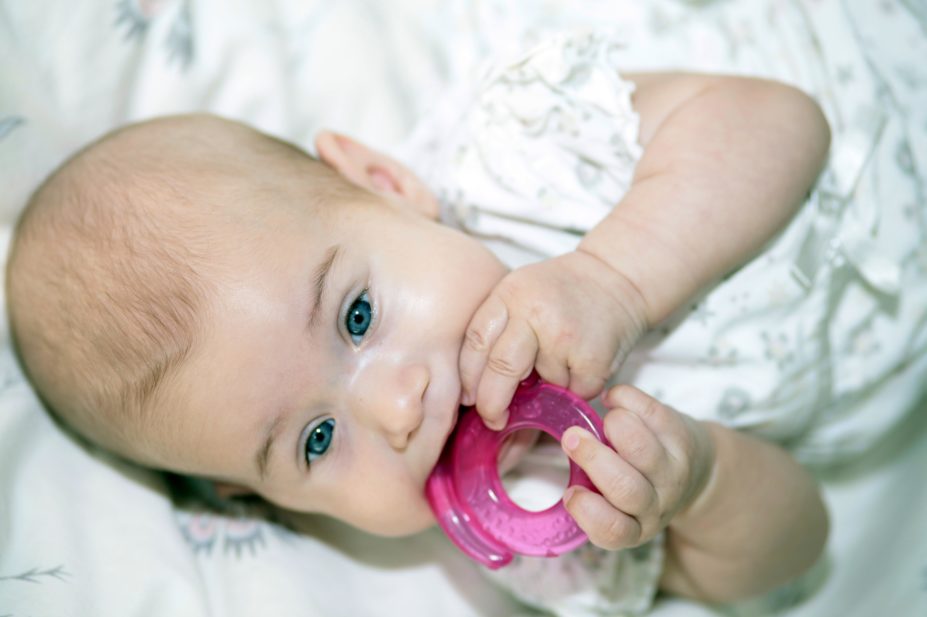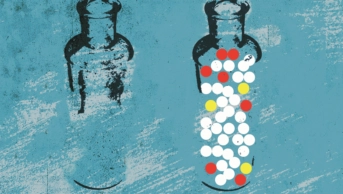
Shutterstock
Parents in the United States have been warned to stop giving children homeopathic teething tablets or gels in light of an ongoing inquiry into their safety by the US Food and Drug Administration (FDA).
The FDA issued a statement on 30 September 2016 to inform parents and carers that the safety and efficacy of homeopathic teething tablets and gels have not been evaluated.
People are being advised to dispose of any such products, which can be bought in stores or online and are distributed by CVS, Hyland’s and other retailers, it says.
“Teething can be managed without prescription or over-the-counter remedies,” says Janet Woodcock, the director of the FDA’s Center for Drug Evaluation and Research. “We recommend parents and caregivers not give homeopathic teething tablets and gels to children and seek advice from their healthcare professional for safe alternatives.”
The move by the FDA comes six years after it issued a safety alert for a homeopathic brand of teething tablets because of the potential risk of belladonna poisoning, which can cause symptoms including seizures, difficulty breathing and muscle weakness.
Since then, the FDA has been analysing reports for all adverse events it receives for homeopathic teething tablets and gels. This work, which includes testing product samples, is ongoing. The FDA says it is not aware of any proven health benefits offered by the products.
The two companies named by the FDA as distributors of homeopathic teething tablets or gels have reacted differently to the warning.
The healthcare company CVS has announced it is voluntarily withdrawing its products from sale pending the outcome of the FDA inquiry.
Hyland’s – a company that develops homeopathic medicines and that was at the centre of the FDA’s product safety alert in 2006 – issued a statement reassuring parents that its products are safe.
A statement on Hyland’s website says: “We are confident that Hyland’s baby teething tablets remain safe. Of course, parents who may have concerns should consult with their physicians before using any medicines, read labels carefully and follow all instructions.
“We are fully cooperating with [the] FDA’s inquiry and we’re providing them with all the data we have. We also hope to learn from [the] FDA what facts, if any, the agency has based its action on.”
The UK’s medicines safety watchdog — the Medicines and Healthcare Products Regulatory Agency (MHRA) — said on 4 October 2016 that it was aware of the steps taken by the FDA and pointed out that Hyland’s teething gel and tablets are not available in the UK.
“We are currently investigating the matter to decide what, if any, action needs to be taken in the UK to protect public health,” says an MHRA spokesperson. “Once we have completed our investigation and taken appropriate action we will provide an update.”
The controversy over homeopathic remedies in the United States comes as some pharmacists in Spain have spoken out against the supply of homeopathic products through community pharmacies.
The action group FarmaCiencia — a campaign organisation representing around 200 pharmacists — has written an open letter to the country’s health ministry demanding that it bans all scientific institutions from supporting homeopathic products.
The letter argues that few pharmacy schools offer homeopathy training and claims that community pharmacists are breaking their professional code of ethics if they supply homeopathic products.


